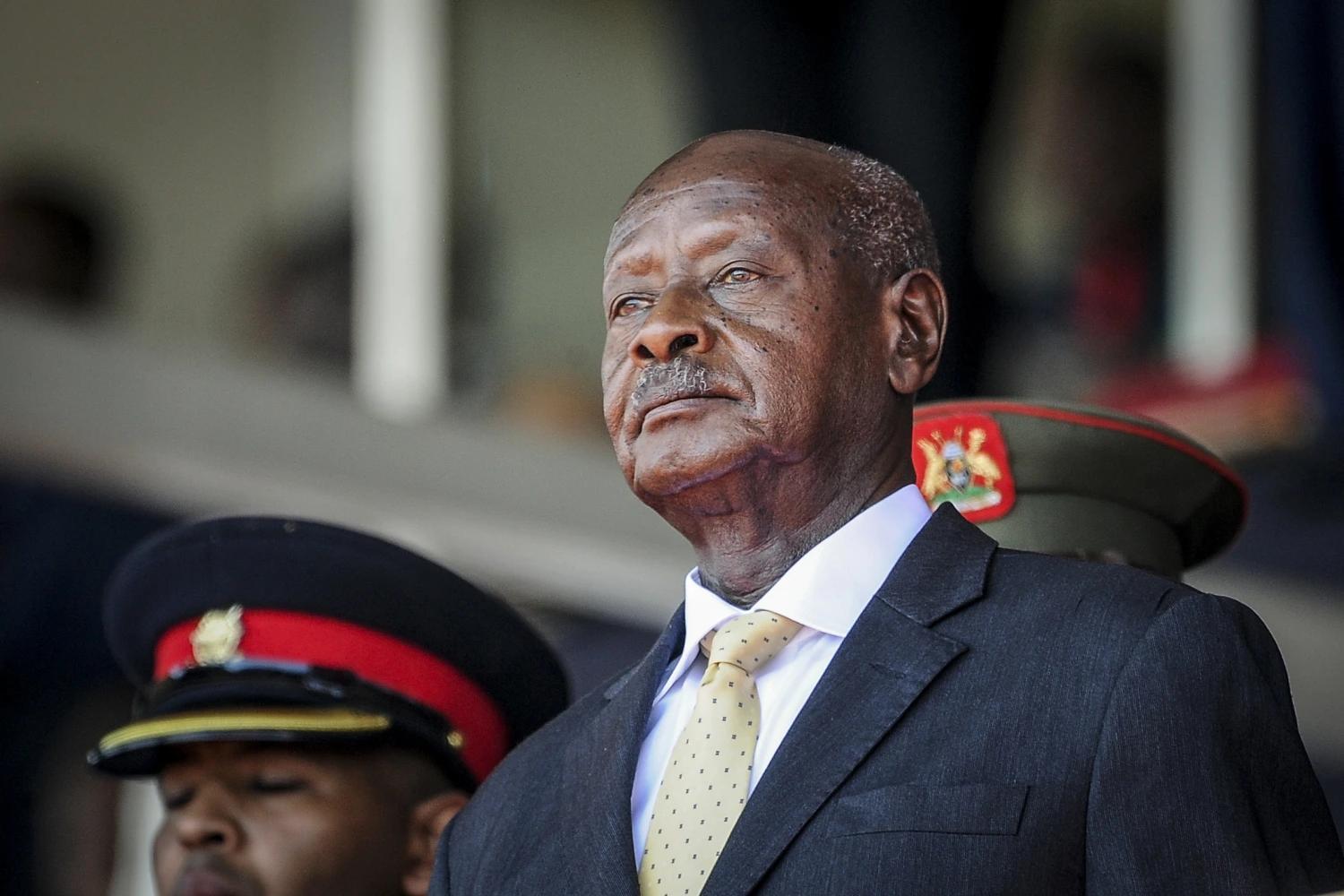By Faridah n Kulumba
Africa-Press – Uganda. Uganda is likely to face a rough time in years to come if the World Banga goes ahead to enact its decision of suspending new loans to the East African country after President Yoweri Kaguta Museveni signed into law the world’s harshest anti-LGBTQ+ bill in May 2023, which allows the death penalty for homosexual acts.
Last week on 8th August 2023 the US-based global lender announced that it was suspending new loans to the East African country over what is considered among the world’s harshest laws targeting LGBTQ communities.
According to the World Bank the law, which imposes the death penalty for certain same-sex acts, contradicts its values, and that is why it would pause new funding until it could test measures to prevent discrimination in projects it finances in the country.
The statement stated that the bank’s vision to eradicate poverty on a livable planet can only succeed if it includes everyone irrespective of race, gender, or sexuality but this law undermines those efforts.
A day after World Bank’s loan ban statement was released President Museveni through his Twitter account accused the World Bank of using money to try to “coerce” the government over its controversial anti-gay legislation.
The government of Uganda says that they will not dance to the tune of the liberal biased Western institutions and continues to insist that their threats will not pressure the country to change the laws.
Trajectory
While responding to the World Bank loan suspension President Museveni assured that Uganda will develop with or without loans. He added that if Uganda needed to borrow, it could do so from other sources and that oil production expected to start by 2025 would provide additional revenues.
The government has already started looking for a way forward in order for the country’s economy to develop without Western institutions. The Minister of State for Finance, Henry Musasizi said the government intends to revise the national budget to move forward in the current challenges.
Mr. Musasizi said the country took a firm decision and agreed that we shall face the consequences.
The authorities in the government say that Ugandans should not get worried about Western institutions’ threats after all, dollars from the oil and gas sector are about to flow into Uganda.
A legislator who moved the Bill in the parliament that birthed the anti-gay law, Asuman Basalirwa appealed to the government to remain firm, urging that the World Bank does not own a monopoly to survival, God will help Ugandans to survive.
World Bank projects in Uganda
The World Bank has an existing portfolio of USD 5.4 billion in Uganda, although these projects will not be affected.
Projects worth USD 1.8 billion approximately shillings 6.7trillion are likely to be affected. According to Dr. Fred Muhumuza, an economic expert, who has worked closely with the world bank and the government of Uganda, the bank has 2,711 active projects running in Uganda, with 798 projects in the pipeline all burgeoning in billions of dollars.
Some of the projects that will henceforth go for review are the 355 million USD for making agriculture more resilient, the 566 Greater Kampala Metropolitan Area Urban Development programme, and the 217 million USD for women’s economic empowerment.
In the past, the world bank’s commitment and support to Ugandan projects span through a number of GFX sectors with 157 million USD in Environmental sustainability, 208 million USD in Digital development, some 832 USD, over 400 million in finance and innovation sector, over 300 million USD in transport, 400 million USD in water and sanitation, over 200 million USD in education while over 1.1 billion USD in urban resilience and land among other areas.
After President Museveni gave assent to the Anti-Homosexuality Act, the World Bank postponed a USD 90 million (£54m) loan that was meant to enhance the country’s health services.
The United States also reacted by imposing sanctions on the Speaker of the Parliament of Uganda Hon Anita Among travel to the U.S. by revoking her visa. The U.S. vowed to ban all Ugandans involved in human rights abuses against gay people from entering their country.
Several European nations – including Denmark, Norway, the Netherlands, and Sweden – have cut aid to Uganda to show their opposition to the law.
President Museveni said that the West’s backlash against Uganda over anti-homosexuality law is unjustified and based on distortion and misrepresentation of facts.
Museveni leisured Ugandans saying that the government was continuing discussions with the World Bank so that both parties can avoid this diversion if possible.
He further argued that contrary to popular claims by Western leaders and pro-gay activists, the new law decriminalizes an individual for simply being gay or lesbian but forbids recruitment (s) by homosexual (s) of non-gay persons into homosexuality, exhibitions, and promotions of sexual orientation and performing homosexual sex on another person.
For More News And Analysis About Uganda Follow Africa-Press






